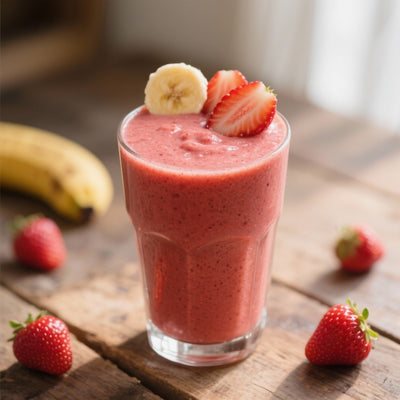Cold Shower vs. Hot Shower: The Shocking Effect of Temperature on Your Anxiety
Is a shower just a routine daily ritual? Not so fast! Far more than a simple act of hygiene, the temperature of the water cascading over your skin can have a profound and often underestimated impact on your emotional state, and particularly on your anxiety level. Between the comforting warmth of a hot shower and the invigorating shock of a cold one, which is the best choice to soothe your mind? This article explores the surprising effects of water temperature on your anxiety, drawing on scientific studies and expert opinions.
Prepare to rethink your morning routine. We'll delve into the physiological mechanisms that link showering to your emotional state, exploring the pros and cons of hot and cold showers. You'll discover how to adapt your shower routine to make it a powerful tool for managing stress and anxiety.
Understanding Anxiety: A Silent Enemy
Anxiety is a complex emotion characterized by feelings of worry, nervousness, or apprehension. It can be triggered by everyday stressors, traumatic events, or deeper anxiety disorders. Physiologically, anxiety activates the sympathetic nervous system, leading to the release of stress hormones such as cortisol and adrenaline. These hormones cause physical symptoms like a rapid heartbeat, sweating, and muscle tension.
Managing anxiety often involves a combination of therapies, medication, and relaxation techniques. However, simple and accessible solutions, such as modifying your shower routine, can also play a significant role.
The Hot Shower: A Fleeting Comfort?
A hot shower is often perceived as a moment of relaxation and comfort. The warmth of the water relaxes tense muscles, promotes blood circulation, and provides an immediate feeling of well-being. However, this relaxing effect can be deceptive and short-lived.
Indeed, a shower that is too hot can stimulate the release of histamine, a chemical involved in inflammatory and allergic reactions. In some people, this can lead to itching, redness, and even a worsening of anxiety symptoms. Furthermore, intense heat can disrupt sleep if the shower is taken right before bedtime.
The Cold Shower: A Therapeutic Shock
Cold showers, on the other hand, are often dreaded because of their initial discomfort. Yet, their benefits for anxiety are increasingly recognized by science. Sudden exposure to cold causes a physiological shock that activates the parasympathetic nervous system, responsible for the "rest and digest" response.
This shock stimulates the release of endorphins, natural hormones that act as pain relievers and antidepressants. A study published in the journal *Medical Hypotheses* suggests that regular cold showers may help reduce symptoms of depression and anxiety by stimulating the central nervous system and increasing mental alertness.
"A cold shower is a bit like a mini-workout for your nervous system. It teaches you to better manage stress and adapt to uncomfortable situations." - Dr. Rhonda Patrick, Biology and Aging Researcher.
How to Incorporate Cold Showers into Your Routine?
If the idea of a cold shower frightens you, start gradually. End your usual shower with 30 seconds of cold water, progressively increasing the duration over the following days. Focus on your breathing to manage the initial shock and visualize the benefits you will experience.
It's important to note that cold showers aren't recommended for everyone. People with heart or circulatory problems should consult their doctor before trying them. Similarly, those who are very sensitive to cold should start very gradually.
Hot Shower or Cold Shower: The Verdict
In conclusion, the choice between a hot and a cold shower depends on your needs and tolerance. If you're looking for immediate relief from stress and muscle tension, a hot shower can be beneficial, but in moderation. If you want to build your resilience to stress, improve your mood, and reduce anxiety in the long term, a cold shower can be a powerful tool.
Ideally, you should experiment with both approaches and observe the effects on your own body and mind. Remember that the key is consistency and gradual adaptation. Transform your shower into a personalized wellness ritual and discover the surprising impact temperature can have on your anxiety.
A Shower Ritual Tailored to Your Needs
The temperature of your shower is not a trivial detail. It can significantly influence your emotional state. By understanding the physiological mechanisms at play and adapting your shower routine to your needs, you can transform this simple daily act into a powerful tool for managing stress and anxiety. So, are you ready to take on the cold shower challenge? Or to savor a mindful and moderately hot shower? The choice is yours!











